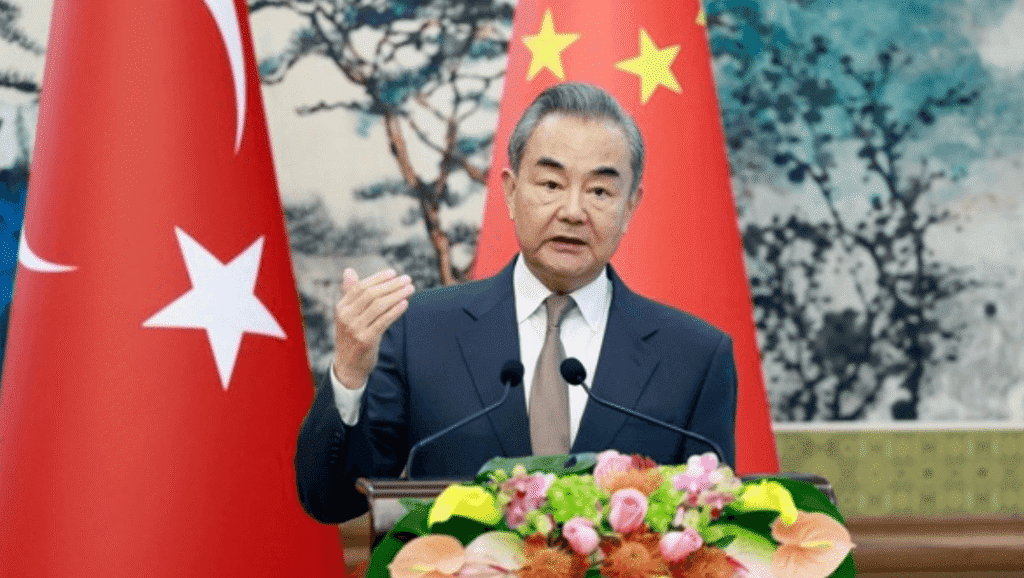HONG KONG – Chinese Foreign Minister Wang Yi reaffirmed China’s commitment to peaceful dispute resolution and international cooperation during the signing ceremony of the Convention on the Establishment of the International Organization for Mediation (IOMed) on Friday.
Speaking on behalf of the Chinese government, Wang welcomed attendees and congratulated the founding members of the IOMed, highlighting the significance of the organization as an innovative step in international rule of law.
Marking the 80th anniversaries of the World Anti-Fascist War victory and the United Nations’ founding, Wang recalled the U.N. Charter’s call for peace and security among nations. He noted that as global changes accelerate, disagreements between countries are inevitable but must be resolved through dialogue and consultation.
China has consistently advocated for addressing conflicts with mutual understanding, consensus-building, and future-oriented solutions, Wang said. He emphasized China’s efforts to develop unique approaches to resolving hotspots and supporting countries seeking peaceful solutions.
Wang described the IOMed as a crucial institution filling a gap in international mediation by providing a platform to mediate disputes between states, between states and foreign investors, and in international commercial conflicts. He stressed that mediation is a key tool outlined in Article 33 of the U.N. Charter for peaceful dispute settlement.
The IOMed, headquartered in Hong Kong, embodies values of harmony, inclusiveness, and cooperation, blending the strengths of various legal systems while offering flexibility, cost-efficiency, and convenience. Wang praised Hong Kong’s role, noting its successful peaceful handover and robust legal environment under the “One Country, Two Systems” framework.
He called on the international community to support the IOMed, urging early ratification of the Convention and broader participation. Wang highlighted the need for voluntary participation, respect for all parties’ concerns, and the promotion of win-win outcomes to foster reconciliation and harmony.
Wang also emphasized fairness, justice, and equity in international dispute mechanisms, encouraging greater involvement of developing countries and the Global South in governance. He urged the building of a professional, reputable mediation team to advance the organization’s global mission.
Concluding with a Chinese folk story about neighbors resolving a boundary dispute by creating a shared pathway, Wang underscored the power of mediation to replace conflict with cooperation. He expressed hope that the IOMed will contribute to peaceful international relations and a brighter future for humanity.
